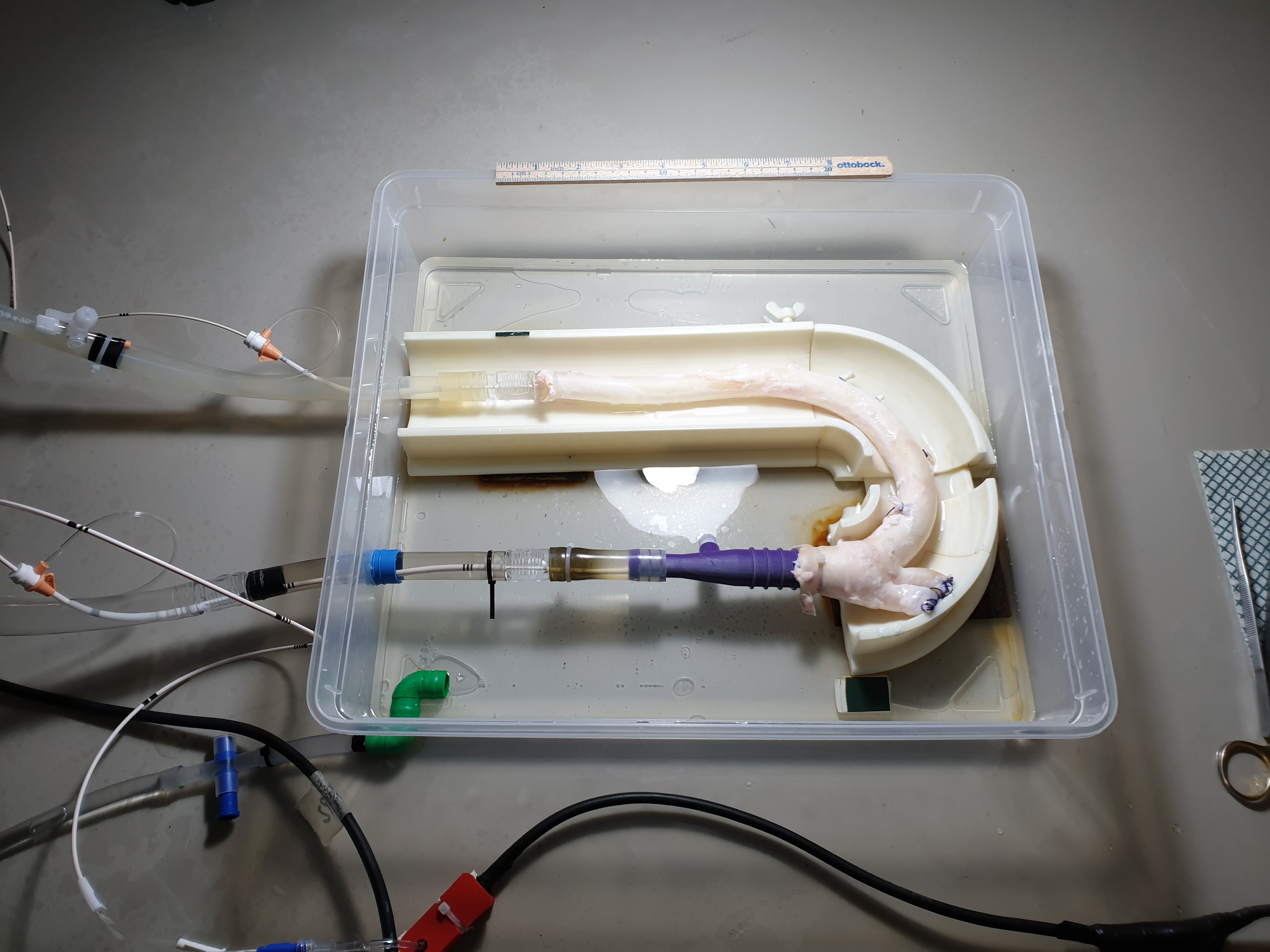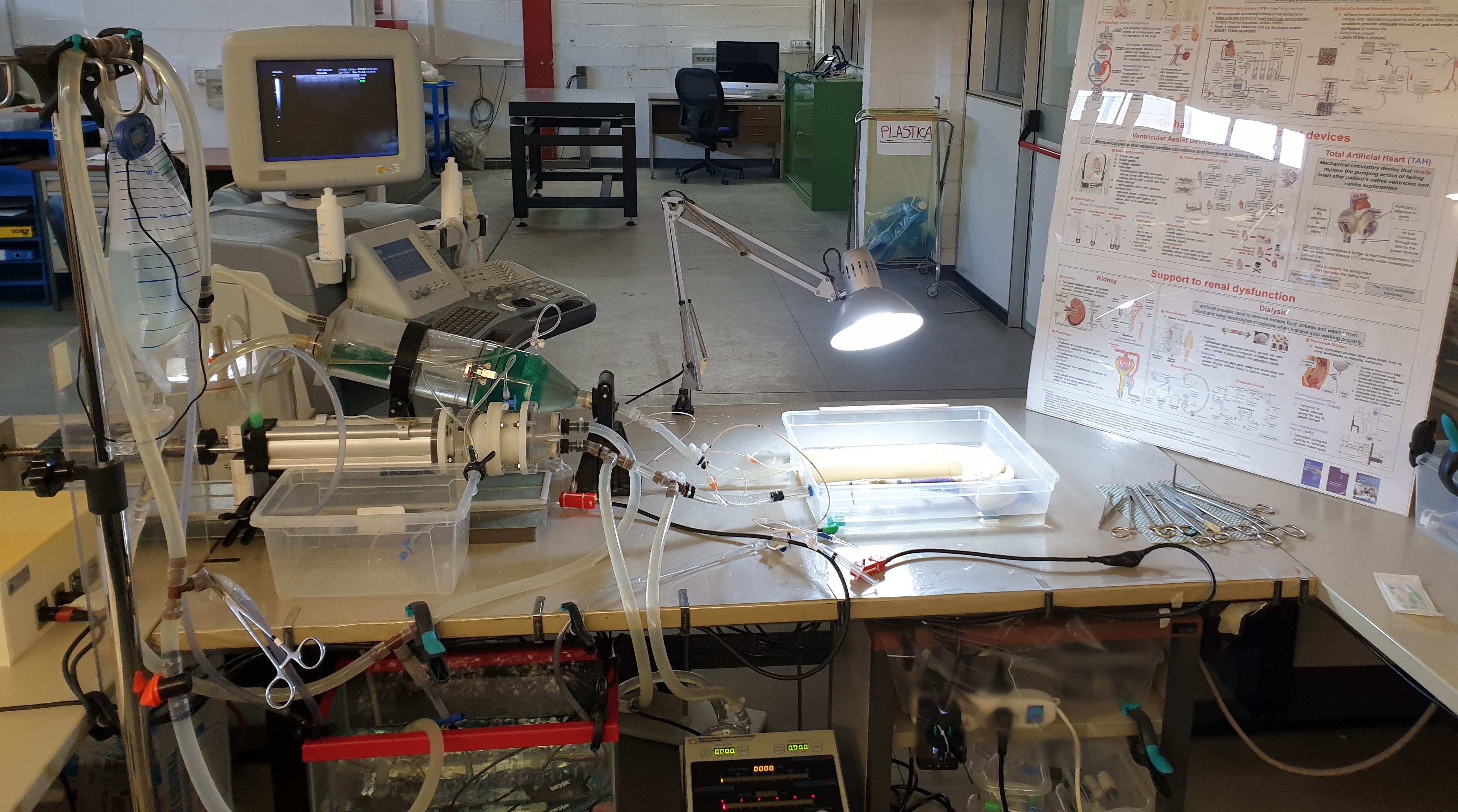Laboratories
Our devices are created and tested in three core laboratories: Demo-lab, Testing-lab and Photonics-lab. Furthermore, all developments are supported by 2 satellite units of the CompMech Group: Proto-lab and Beta-lab.
Demo-lab
Demo-lab@DSFC² is the front-end of our product developments, currently focused on infusion therapies. In this dedicated space, realistic mock demonstrators resembling patients’ characteristics are developed in order to illustrate the use and performance of the prototypes of DSFC².
Demo-lab@DSFC² has two aims:
- to create an extremely realistic set-up where health professionals, end-users and industry representatives can put hands-on and test the performance of our infusion devices
- to compare our novel developments with the state-of-the-art devices in order to stress out the benefits of the digital smart pumps, such as improved usability and monitoring
We are currently developing four demonstrators in the areas of:
- in-hospital stay
- home artificial nutrition
- chemotherapy and palliative care
- intensive care
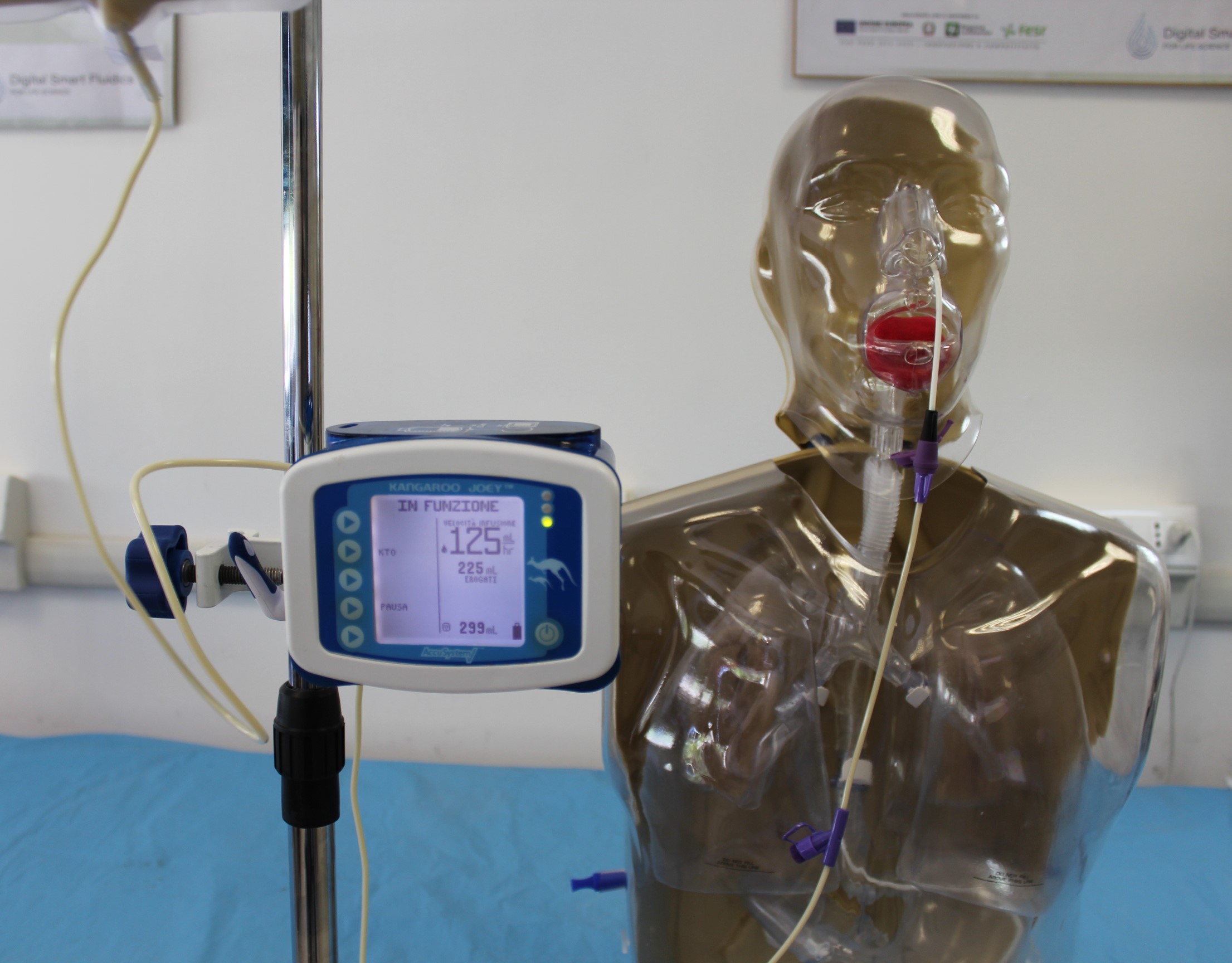
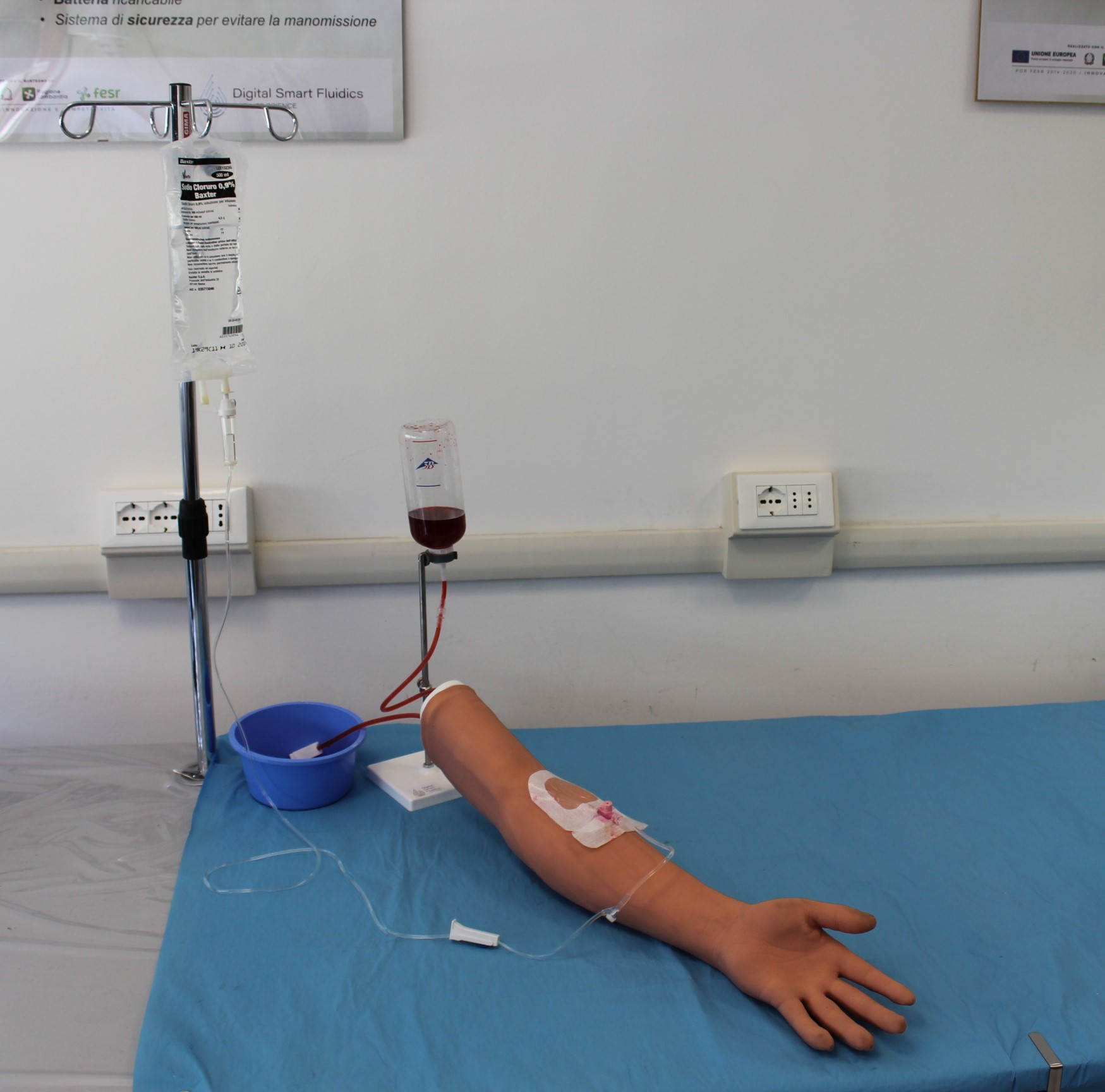
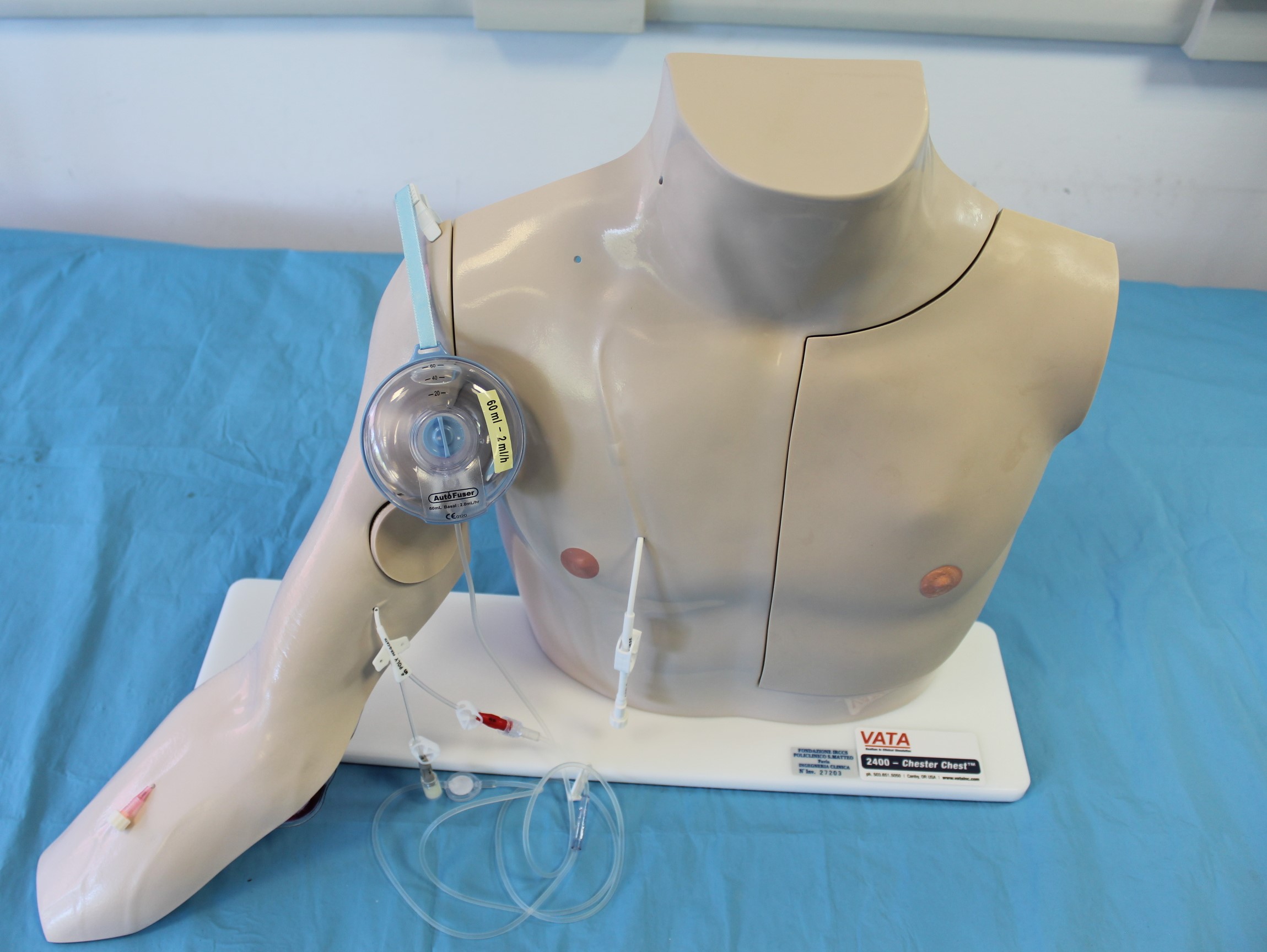
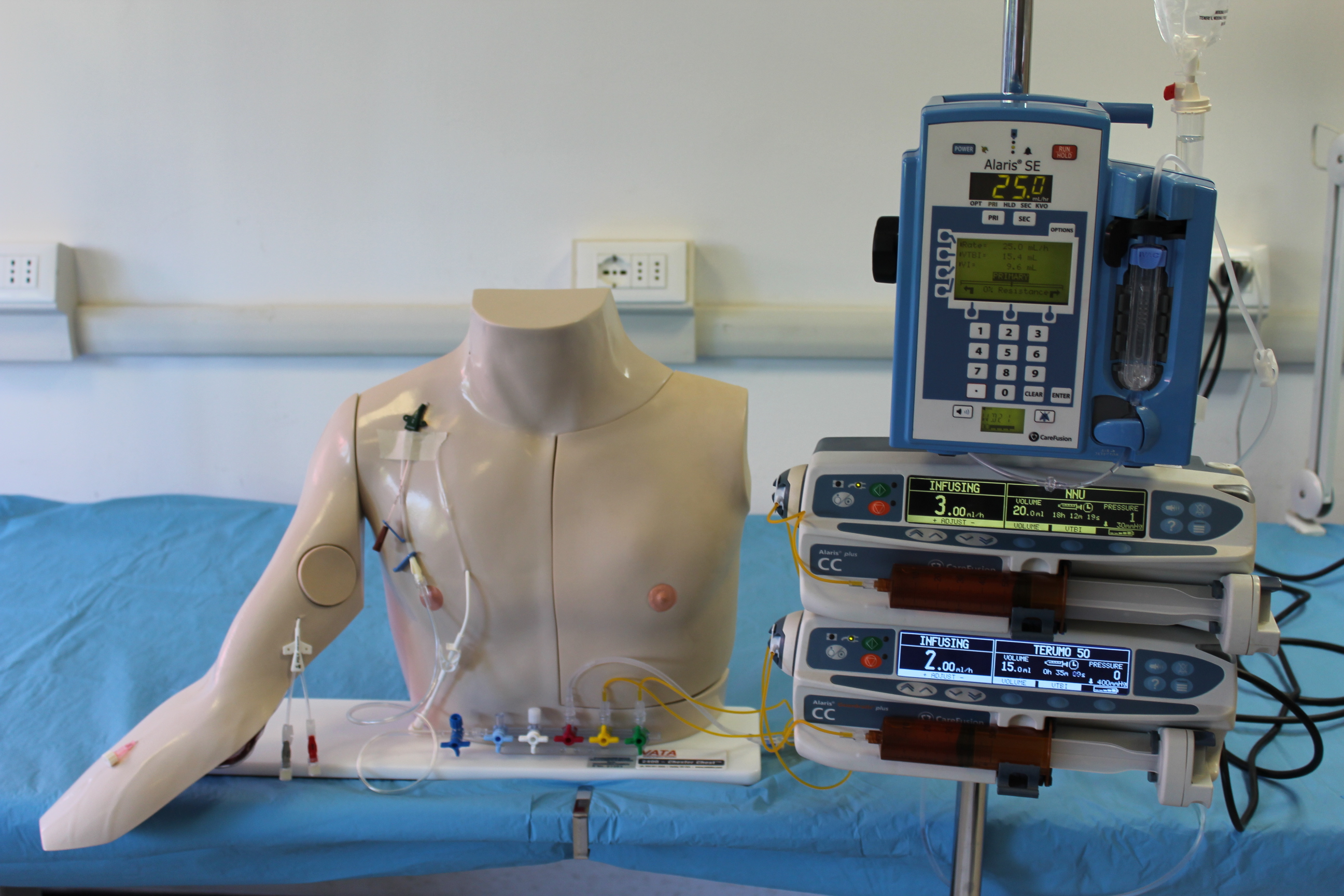
Testing-lab
Testing-lab@DSFC² is a multidisciplinary laboratory that joins researchers and instrumentation to perform experiments and build novel fluidics devices. Its goal is to support the development of new devices in all the phases of the production of new technologies, ranging from the proof-of-concept to the final verification & validation.
Some of the available equipment is:
- Precision weighting scale BCE420 for measuring flow delivered by the tested device
- Rigel Multi-Flo pump analyzer for testing infusion pumps
- Software for engineering design and simulations such as Ansys, Abaqus, LS-DYNA and COMSOL
- National Instruments multipurpose DAQ boards with LabVIEW software for pressure measurements
- Wet lab equipment for processing nanoparticles samples including refrigerator, pHmeter, centrifuge, ultrasonic bath and micropipettes
- In-house 3D-printed photoreactor with a dedicated syringe pump and a light source
- Venous pressure simulator of an ICU patient
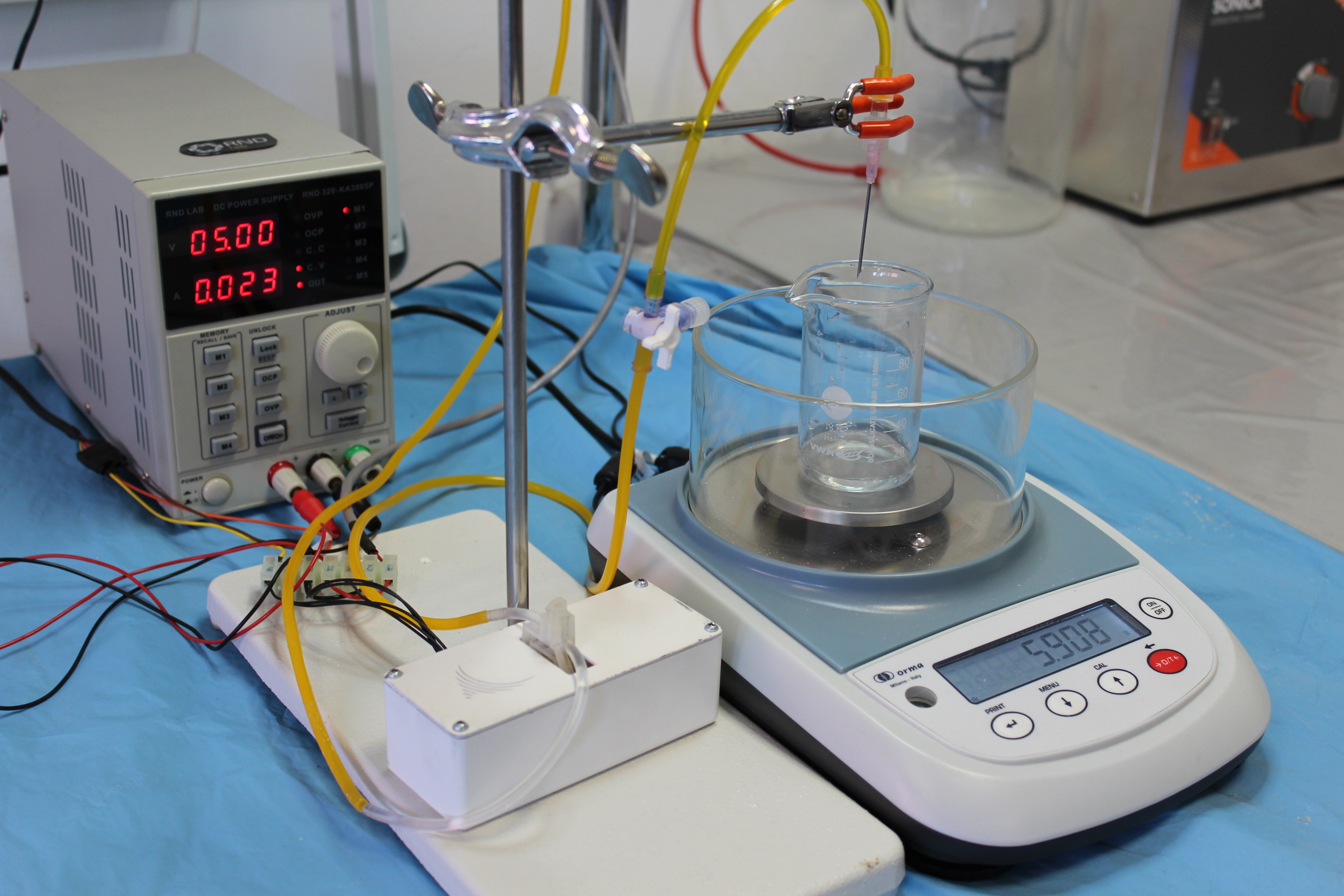
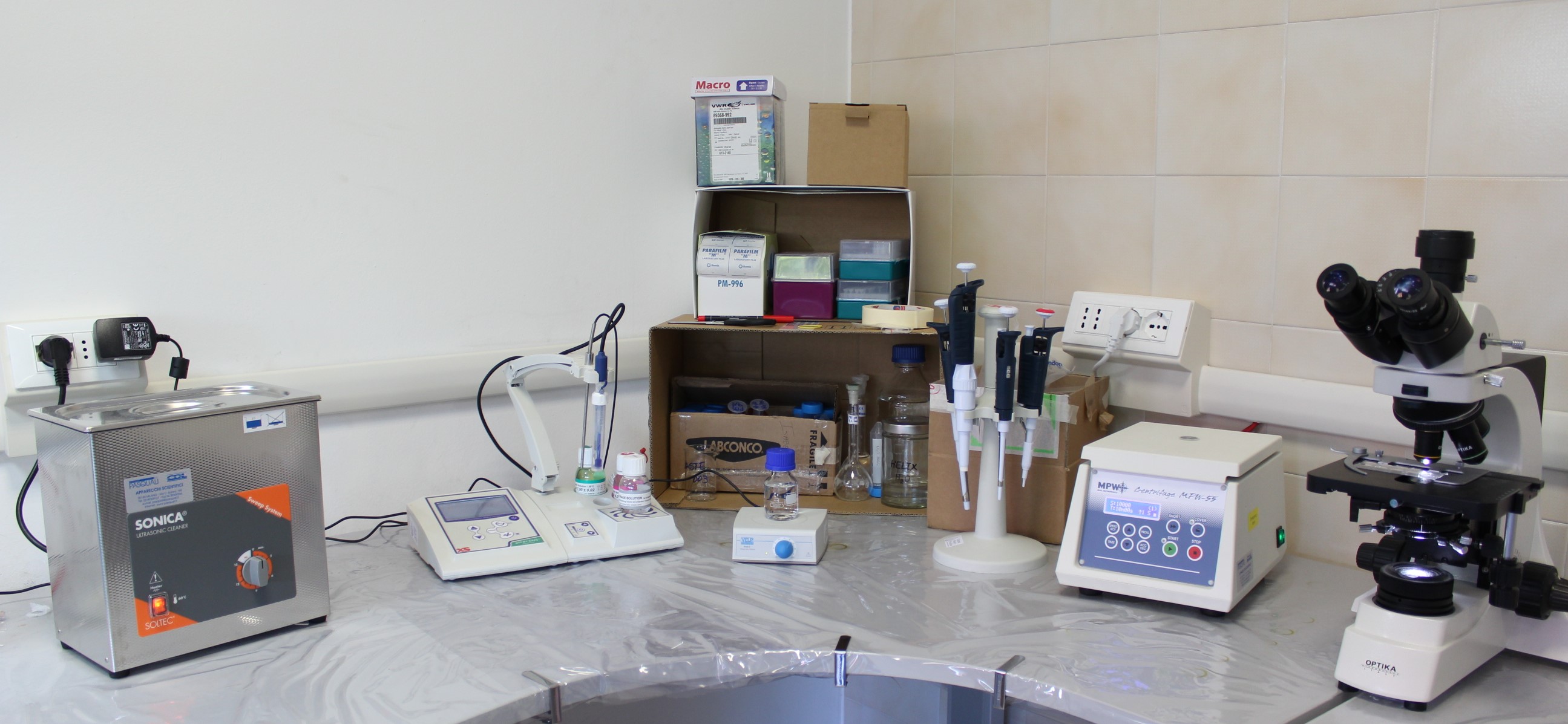
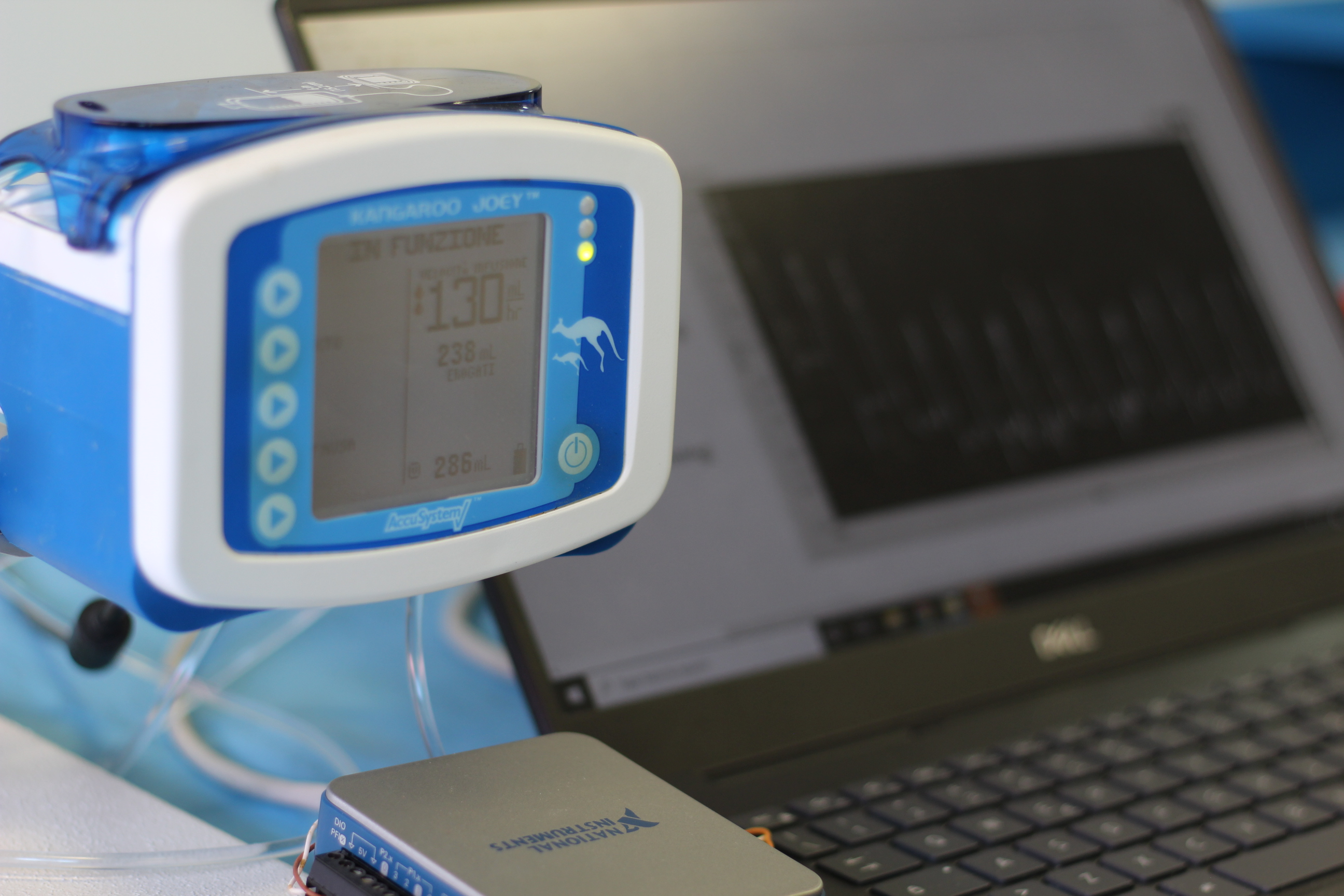
Photonics-lab
Photonics-lab@DSFC² is a laboratory focused on applying laser technologies to develop detection and measurement devices that can be used to identify the characteristics of both moving and stationary flows. Optical measurements offer the benefit of being low-cost and non-invasive, which are important in industries such as life sciences.
Our laboratory is currently equipped with:
- A 90 x 150 cm optical table
- Set-up for particle detection based on the self-mixing technique featuring lasers, photodiodes and amplifiers
- Set-up for fluid characterization based on refractive index measurements
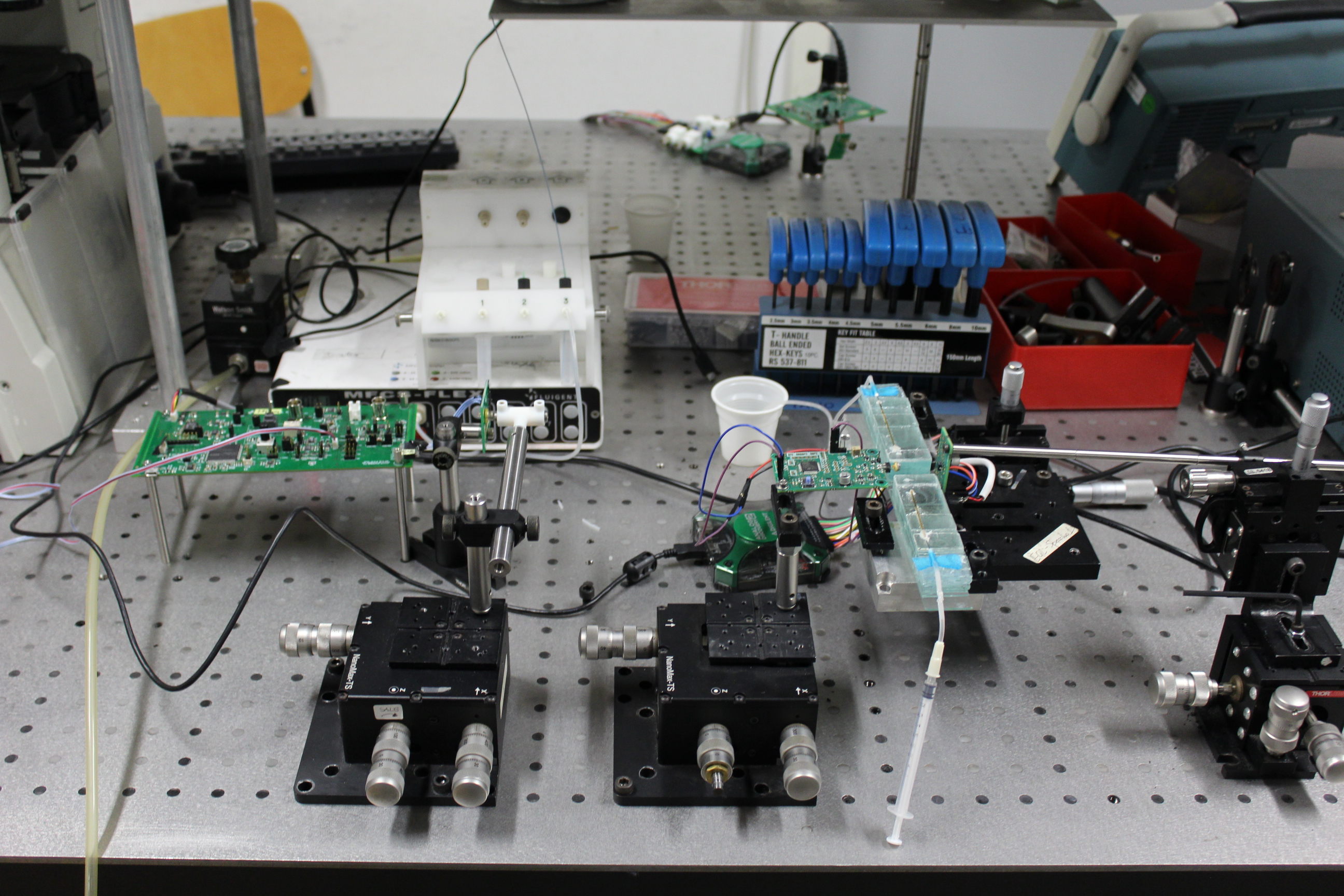
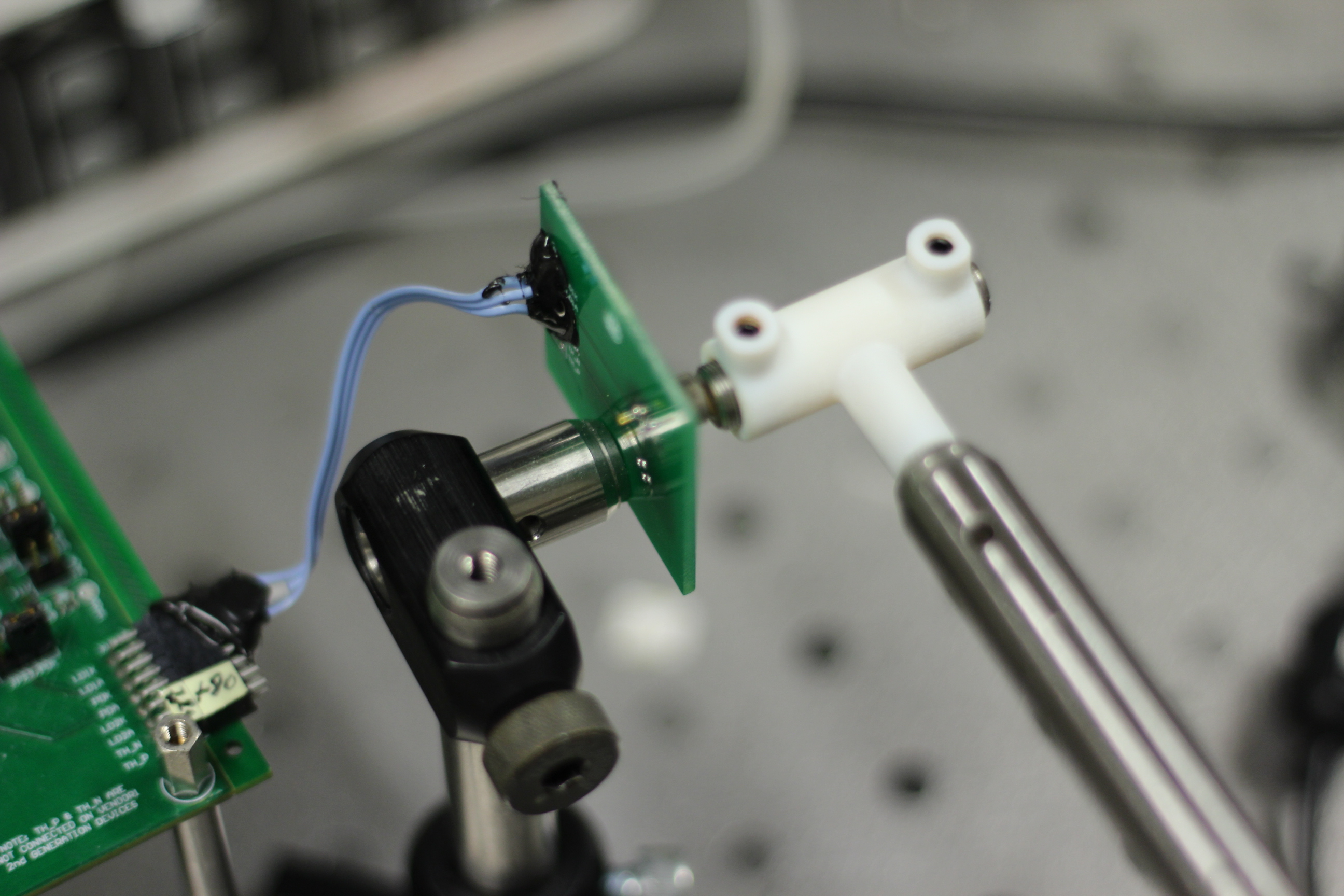
Proto-lab
Proto-lab is a consolidated initiative of the CompMech group that provides an end-to-end service for building a physical model directly from a Computer Aided Design (CAD). Our current available technologies let us work on the optimization of the design, add modifications, manufacture the model with different materials using both additive and subtractive manufacturing technologies, and finally apply different treatments to the finished product. Proto-lab is a key synergist of DSFC² since it allows an almost immediate construction of the models required for testing and assembling of the devices in the different stages of development. For more information visit the dedicated link.
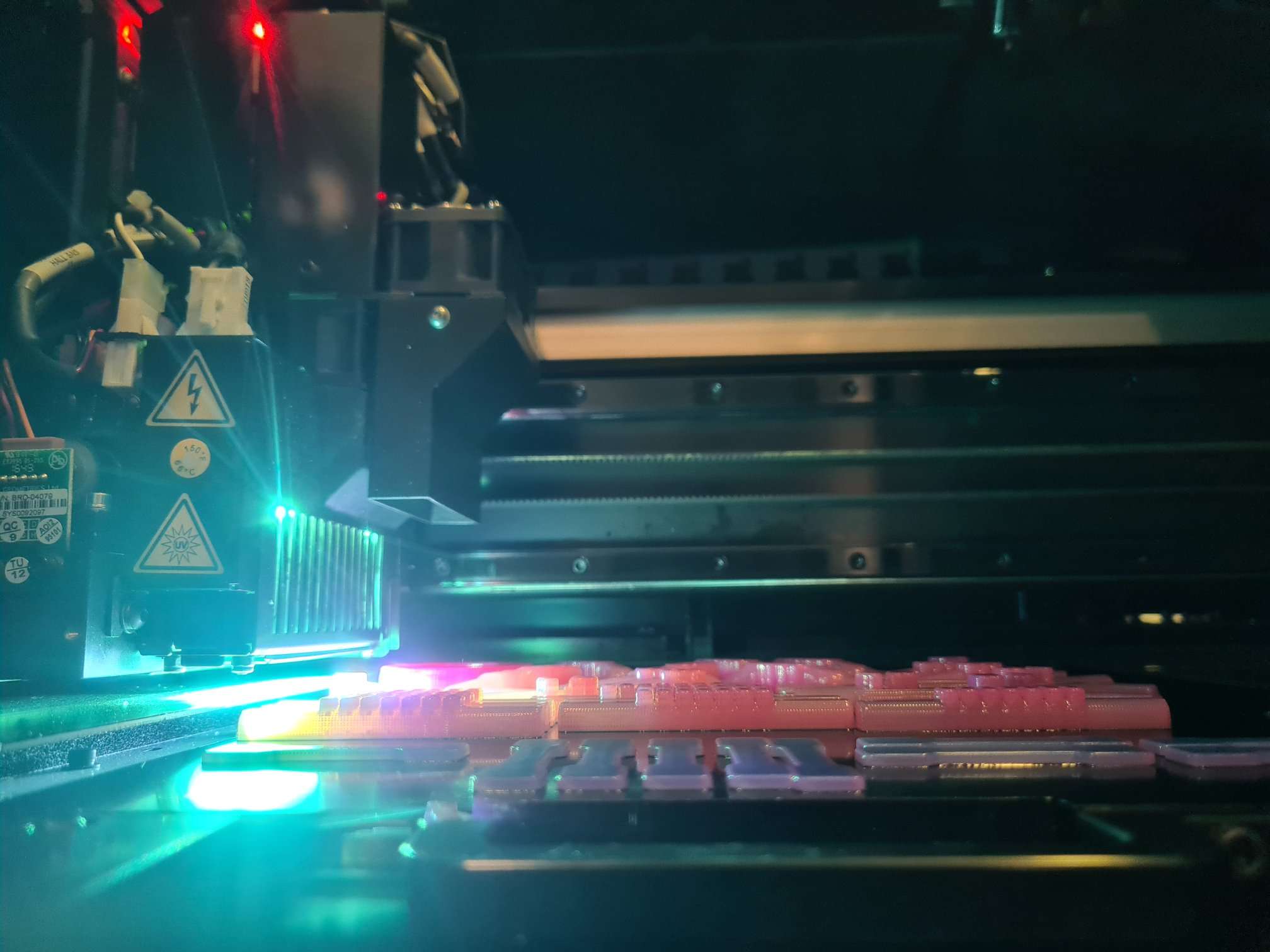
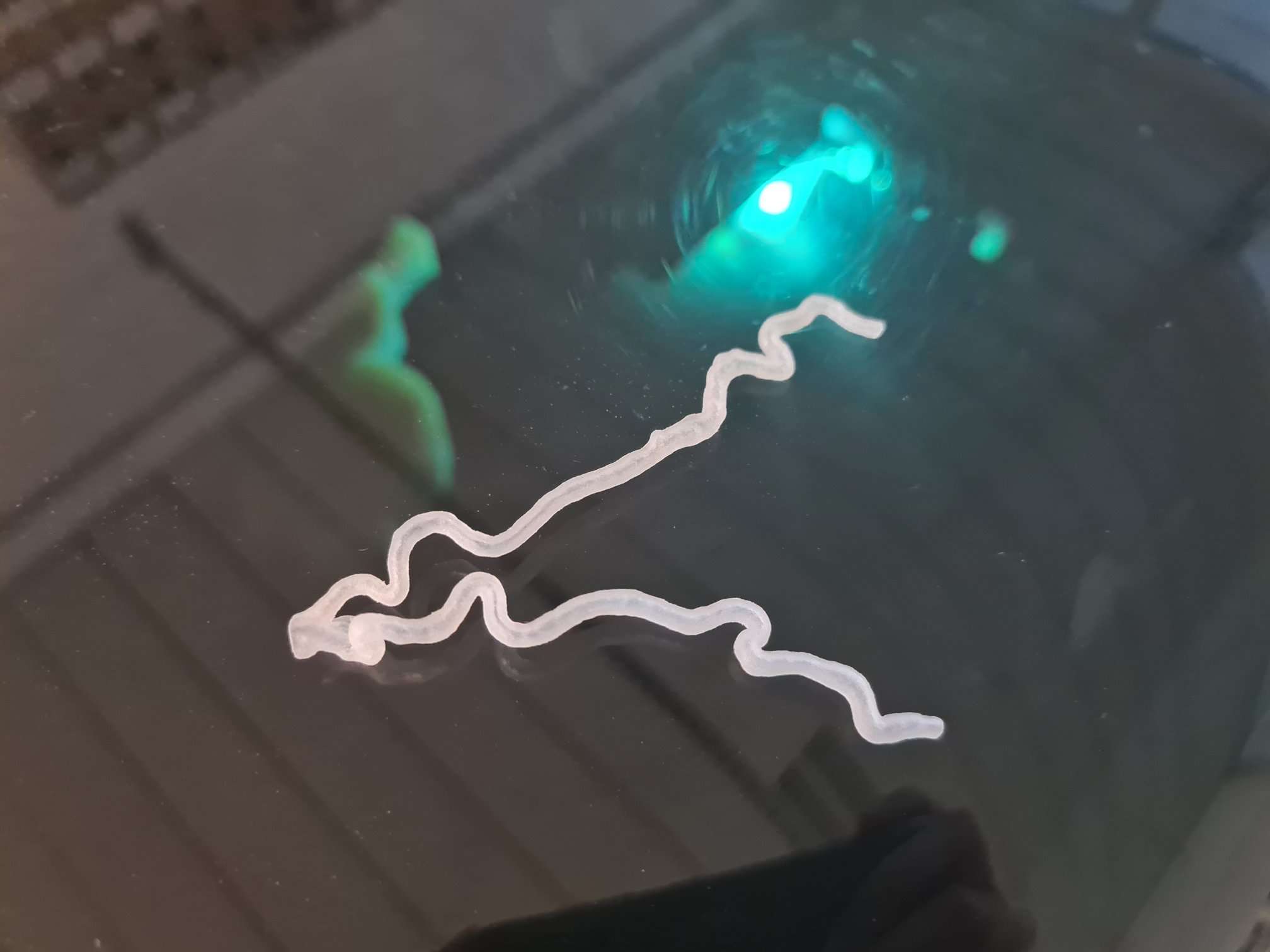
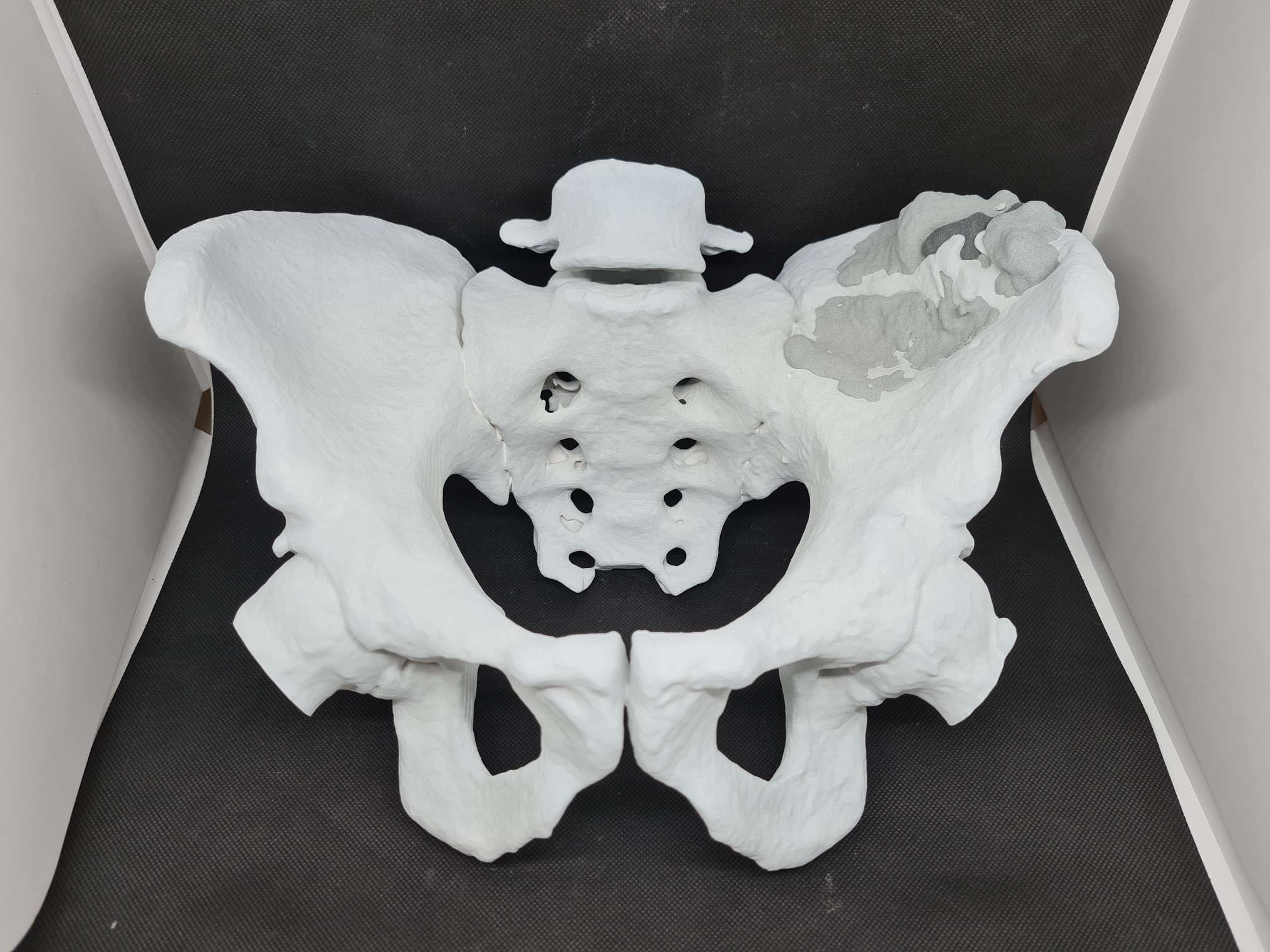
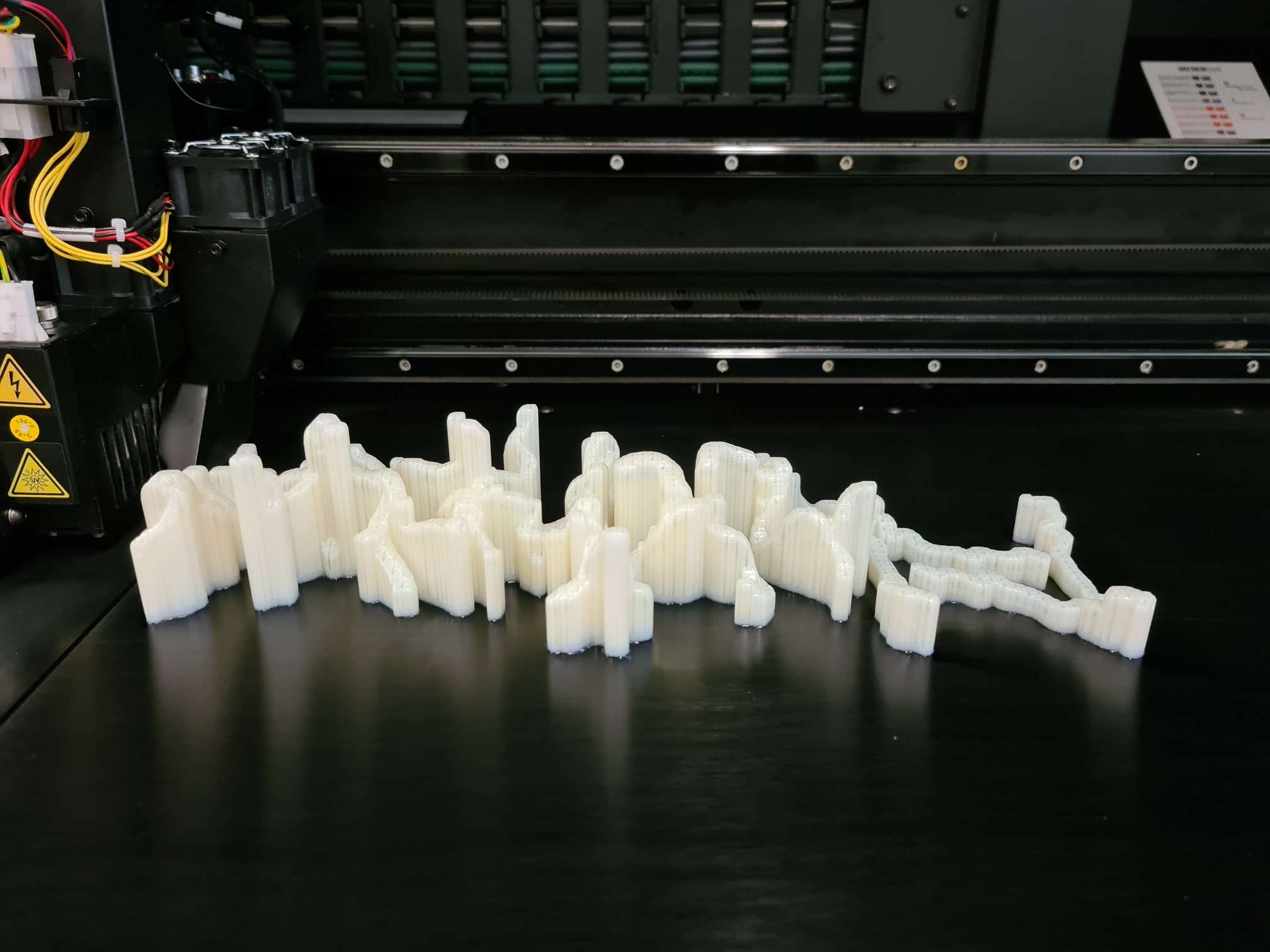
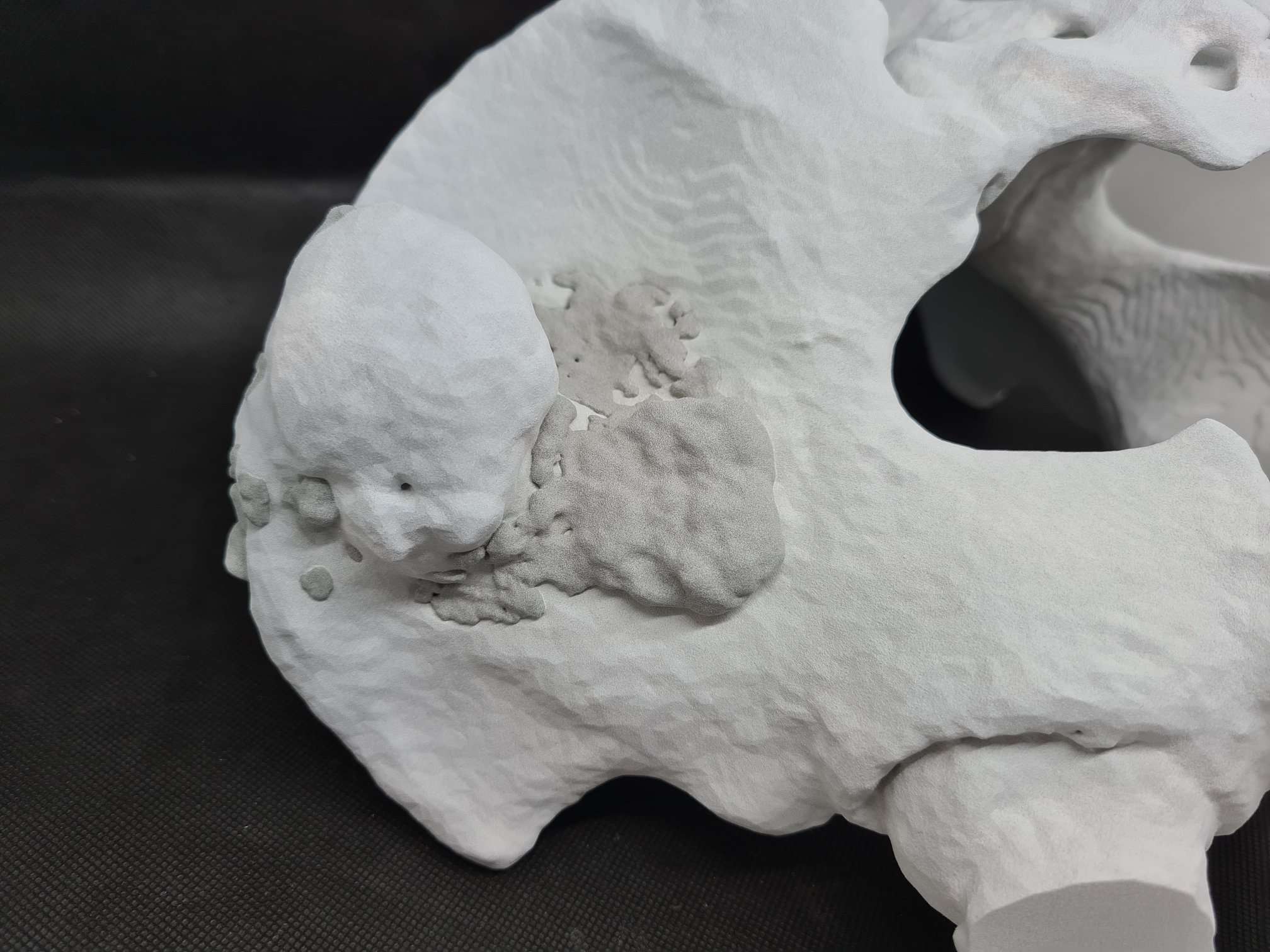
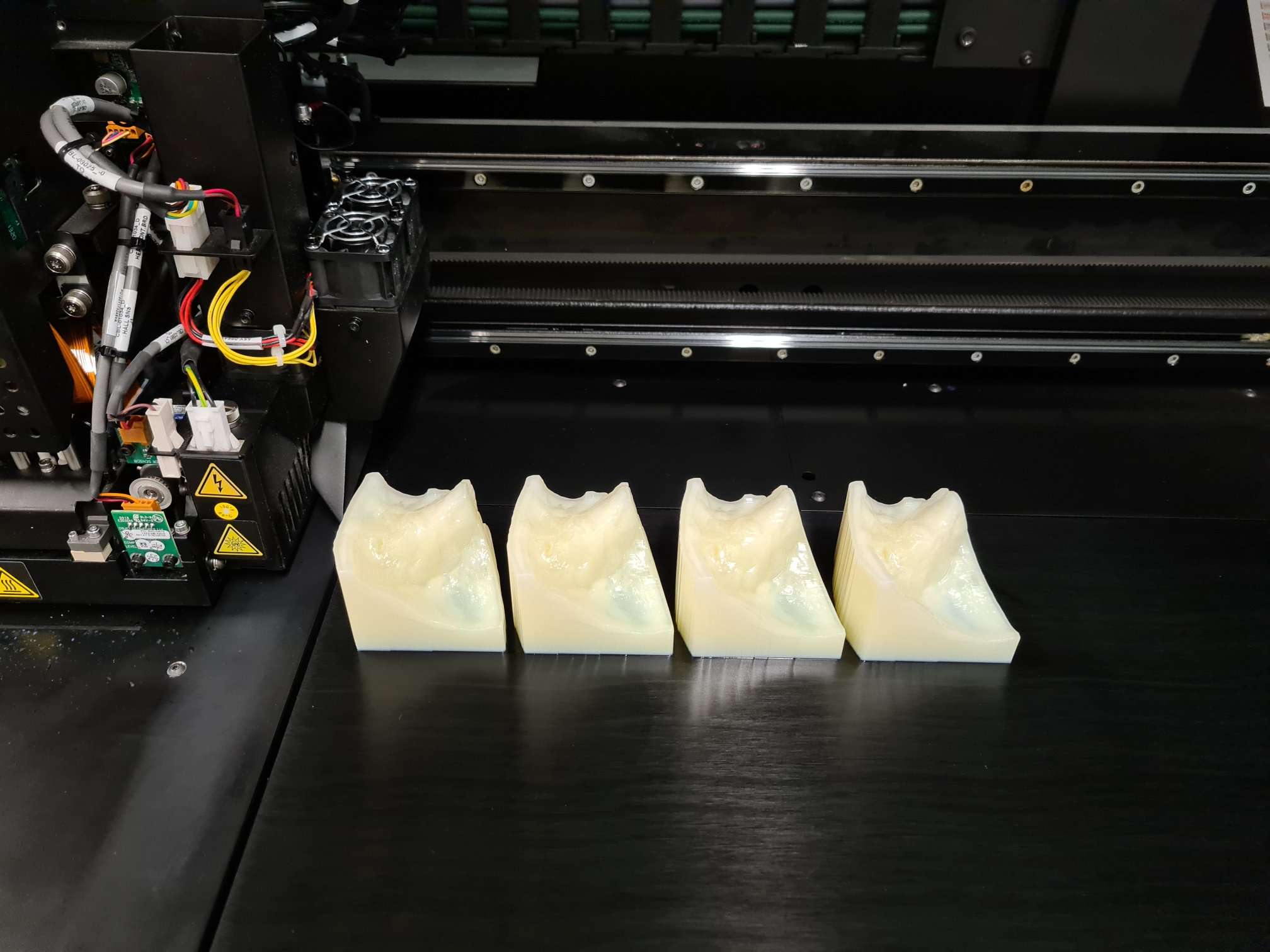
Beta-lab
The Beta-lab (Biomechanics for Endovascular Treatments of the Aorta) is a laboratory dedicated to the study of hemodynamics in many vascular districts, covering also a wide range of pathologies. For over 10 years, it has engaged engineers and physicians to perform computational analysis as well as in-vitro experiments in models from healthy individuals, to congenital diseases and treatment planning. Some examples include testing porcine aortas in an ex-vivo pulse duplicator and the computational analysis of an ECMO device. The Beta-lab aims at supporting DSFC² by contributing with its know-how in building mock experiments and demonstrators of the human vasculature, which are often needed for testing fluidics devices. For more information visit the dedicated link.
